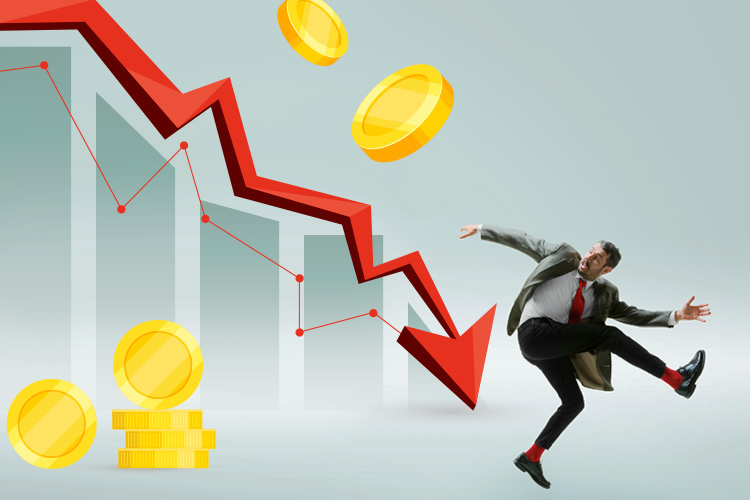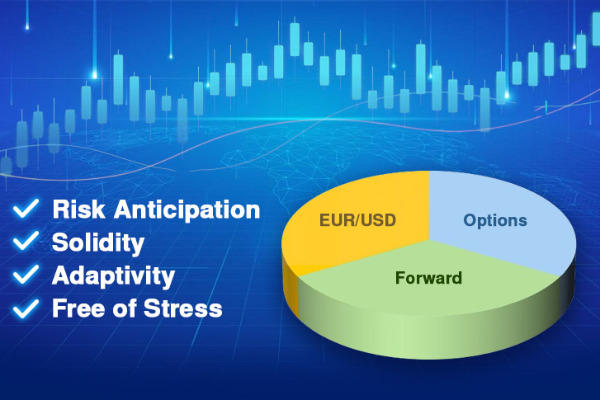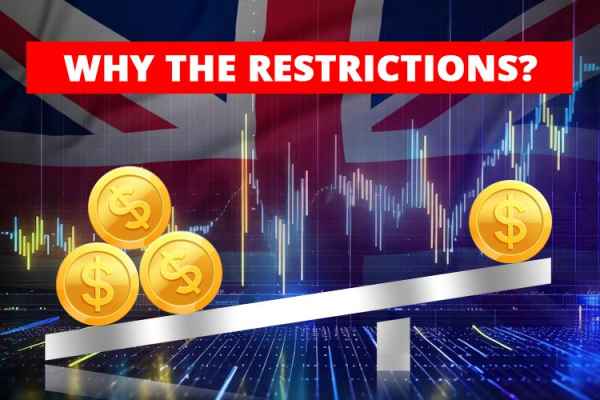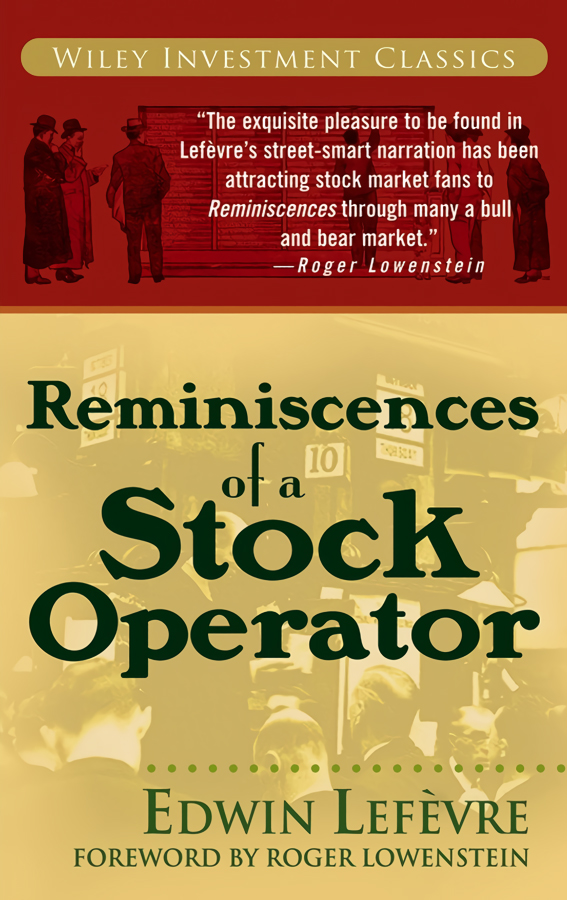It's easy to get out but not back in a market sell-off. The market is unpredictable, so recognize the conditions and avoid making these fatal mistakes.
There are times when the market experiences a condition of performance decline that triggers a market sell-off. As happened in 2022, the stock, cryptocurrency and even bond markets experienced a market downturn as a result of rising interest rates, high inflation, and a protracted conflict between Russia and Ukraine.
When things get tough in the market, even some investors make emotional trades. That's especially true on days when market values are falling and investors tend to cut their losses.

According to the Associated Press, a market sell-off is a quick sale of securities such as stocks, bonds, or commodities. Market sell-off can occur on a company's stock securities, crude oil futures, or in the broader market. Usually, this happens because it is triggered by a price decrease. Sometimes, market sell-off can also cause the market price to drop even more sharply.
The situation can create panic for investors who rush to sell the instruments they are trading. There are several mistakes that anxious investors should avoid when a sell-off happens:
1. Panic Selling
It sucks when you watch the money you're trading continue to be eroded by the market movement. This makes you think negatively which makes you panic and want to sell without much thinking, just to recoup the increasingly bloated portfolio losses. Investors think that exiting the market and cutting losses immediately is the right step, but this can make investors miss the recovery momentum. Why? Because it could be that the recovery can be as fast as the decline or even faster. As a result, investors who have left will find it difficult to re-enter.
2. Switching to Cash
Cash is a bad asset to keep long-term, as money in traditional savings and checking accounts has lost its purchasing power because inflation has reached its highest level in 40 years.
Take, for example, the market sell-off that occurred in 2020 during the early coronavirus pandemic. In the beginning, so many investors panicked and withdrew their funds from the market, opting to buy currencies like the US Dollar. But a very high rebound occurred not long after March lows that left many investors who switched to cash stuck in highly unfavorable positions.
3. Excessive Self-Confidence
Most investors are overconfident which makes them predict the market price carelessly. They believe that the value of a falling market will quickly rise much higher, so they think that is the right time to buy and increase their positions.
But there is no certainty that all markets that experience a decline will rise higher at any given time. Usually, the practice of buying a falling market is known as "trying to catch a falling knife". It could be that the sharp knife you caught stabbed you even deeper, so instead of getting high returns from the expected market, you would face an adverse situation.
4. Sticking Out Too Long in Fear of Losing
All investors must be very concerned about the situation where the traded funds suffer losses. Want to sell a trading instrument that has suffered a loss for fear of falling even further or choose to stay the loser for even longer? This situation is known as the "disposition effect" where investors choose to sell assets that are valued down and maintain those whose positions are still valued well in the current environment.
The Right Steps to Resolve the Problem
After learning the mistakes that investors often make during market sell-offs, it would be nice if you're able to take the right trading steps from these conditions. Here are the right choices to avoid similar mistakes:
- Take a long view. Keep in mind that unless you need cash quickly and a portfolio that has a good chance, it is likely that the market will only experience a temporary decline. The market is unpredictable, sometimes it will be at zero, but in an instant, the market could soar higher returning the portfolio to a better point
- Try Dollar-cost averaging, where you buy a certain number of assets regularly.
- As long as the market is difficult to investigate, losses will continue to appear in your portfolio. At times like this you need a trusted financial advisor to check your portfolio together and help make informed decisions based on time views and risk tolerance. Keep in mind that if you manage to take the right trading steps when there is a market downturn, then you get an average gain of about 10% per year for several decades.
- Consider rebalancing. Research shows that rebalancing reduces a portfolio's sensitivity to market ups and downs and tends to increase risk-adjusted returns in the long run, provided they are not subject to excessive taxes or transaction fees. One of the consequences of buying an asset for rebalancing after a market sell-off is the need to sell after the next strong bull market. It tends to impose a buy low, sell high discipline on systematic and non-speculative investments.
Conclusion
Market sell-offs can lead to rash decisions. But if investors stay focused on thinking about long-term plans, they will feel better in the long run.
Don't think you can easily re-enter the market after exiting when the price is falling. So the key is not to join in panic selling but know when to let go so your money does not fall down the drain. Remember that volatility is part of trading and investing and knowing how to address it appropriately can increase long-term returns.

 Dedicated FREE FOREX VPS
Dedicated FREE FOREX VPS Free FOREX Virtual Private Server
Free FOREX Virtual Private Server MT4 Demo Contest, Get $500
MT4 Demo Contest, Get $500 Sign Up for an Account, Claim 60% Deposit Bonus
Sign Up for an Account, Claim 60% Deposit Bonus Free MT4/MT5 VPS 2024
Free MT4/MT5 VPS 2024 Send E-mail and Get Free Merchandise
Send E-mail and Get Free Merchandise $1K Refer a Friend Bonus for Pepperstone Pro clients
$1K Refer a Friend Bonus for Pepperstone Pro clients Maximize Your Earnings with 100% Deposit bonus
Maximize Your Earnings with 100% Deposit bonus Trade to Win, $5,000 Monthly Demo Contest
Trade to Win, $5,000 Monthly Demo Contest Claim 30% + 15% Deposit Bonus from LiteFinance
Claim 30% + 15% Deposit Bonus from LiteFinance









5 Comments
Gleen
Jan 9 2023
Blanco
Jan 9 2023
Marco
Jan 9 2023
Darrel
Jan 9 2023
Marco
Jan 9 2023